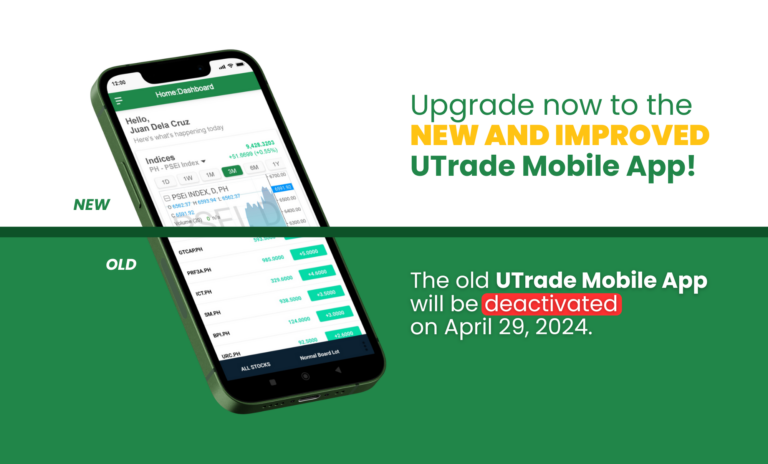
Starting a business in the Philippines can be an exciting venture, but it requires careful planning and understanding of various requirements. Knowing what you need to start your business is important for ensuring smooth operations and compliance with legal regulations. Following the rules helps keep your business running smoothly and builds trust with customers and financial partners. Being well-prepared can save you from legal issues and financial problems down the road.
This guide will walk you through the essential steps, making it easy to understand and follow.
Choosing a Business Structure
First, you need to decide what type of business you want to set up. In the Philippines, there are three main types:
- Sole Proprietorship: This is the simplest form, owned by one person. It’s easy to set up, but the owner is personally responsible for all business debts.
- Partnership: This involves two or more people sharing ownership and responsibilities. It allows for shared capital and expertise but requires clear agreements to avoid conflicts.
- Corporation: This is more complex, providing limited liability protection to its owners. It’s ideal for larger businesses but involves more formalities and regulations.
Registering Your Business Name
Once you’ve chosen your business structure, the next step is to register your business name. This is an important step as it legally protects your business identity and prevents others from using the same name. You can register your business name with the Department of Trade and Industry (DTI) for sole proprietorships, or with the Securities and Exchange Commission (SEC) for partnerships and corporations. A unique and memorable business name can help establish your brand and attract customers.
Obtaining Necessary Permits and Licenses
After registering your business name, you need to obtain the necessary permits and licenses to legally operate. These include a Mayor’s Permit or Business Permit, Barangay Clearance, and other specific permits depending on your business type. You can find detailed instructions on how to get a Business Permit in our previous article. Securing these permits ensures that your business complies with local regulations and can legally operate within your area.
Registering with Government Agencies
To further legitimize your business, you must register with various government agencies. This includes registering with the Bureau of Internal Revenue (BIR) for tax purposes, the Social Security System (SSS), Philippine Health Insurance Corporation (PhilHealth), and Home Development Mutual Fund (Pag-IBIG Fund) to comply with employee benefits and contributions. Proper registration with these agencies is essential for legal operation and maintaining good standing with the government.
Compliance with Zoning and Building Regulations
Another important step is ensuring compliance with zoning and building regulations. Check with your local government unit to confirm that your chosen business location adheres to zoning laws and building codes. This step is vital to avoid legal issues and ensure the safety and suitability of your business premises. Proper compliance can also help you avoid fines and disruptions to your business operations.
Financial Readiness
Financial readiness is also important in sustaining your business. Make sure you have enough capital to cover initial expenses and maintain operations until your business becomes profitable. Planning your finances well can help you manage cash flow and avoid financial pitfalls. As your business grows, you might need additional funds for expansion. This is where financial partners like ULoan Business can be valuable, providing you with the necessary financing options to scale your business.
Thoroughly preparing for all the compliance requirements is not just about avoiding legal issues—it’s about building credibility with your target market and financial institutions. By understanding and meeting these requirements, you’re setting a solid foundation for your business to grow and thrive. This credibility will not only attract customers but also make it easier to secure financing from institutions like ULoan, supporting your business’s future expansion and success.
Starting a business in the Philippines involves several important steps, but with careful planning and dedication, you can turn your entrepreneurial dreams into reality. Take the time to understand and meet all the requirements, and you’ll be well on your way to building a successful and reputable business.
ULoan Business is the brand that represents the financing services dedicated to businesses offered by Unicapital Finance and Investments, Inc. (UFII). UFII is a subsidiary company under the Unicapital group, a leading financial services provider in the Philippines.







